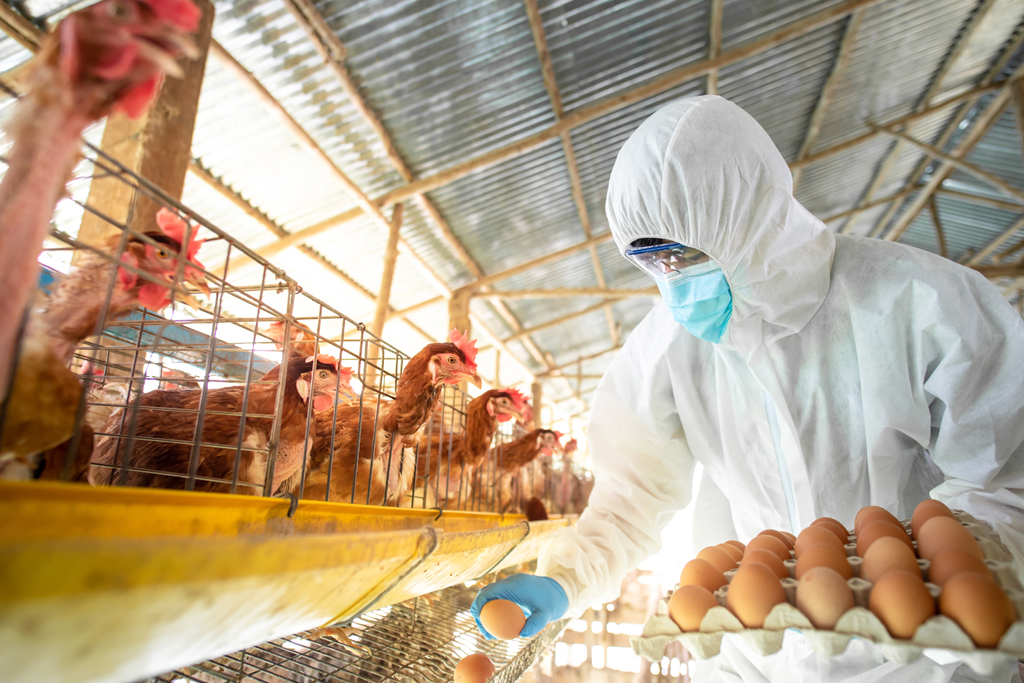Ten years ago, HACCP training was a pre-requisite to working in the food industry and learning the Codex HACCP guidelines. This changed in 2011 when Barack Obama signed FSMA into law and Preventive Control Plans for Human Food became mandatory in the United States. In North America, food products under FDA oversight which are not already covered by HACCP-based regulatory standards require a preventive control plan. These plans detail steps that a domestic or foreign food facility registered with the US FDA, must take to reduce or eliminate food safety hazards. The rule on Preventive Control for Human Food is mandated by the 2011 FDA Food Safety Modernization Act. The rule also incorporates the Current Good Manufacturing Practice (cGMP) which have been updated and can now be found in Part 117 Subpart B of the Code of Federal Regulations (CFR).
How is HACCP different from Preventive Controls for Human Food under FSMA?
Hazard Analysis and Critical Control Points (HACCP) is an international standard developed by the Codex Alimentarius Commission. The FAO describes it as “science-based and systematic. [HACCP] identifies specific hazards and measures for their control to ensure the safety of food. HACCP is a tool to assess hazards and establish control systems that focus on control measures for significant hazards along the food chain, rather than relying mainly on end-product testing.”1
Preventive Controls for Human Food are US regulations which ensure that food products marketed and sold in the United States are safe for consumption. The regulations were developed, in part, to address recent outbreaks of foodborne diseases and food recall trends (ex: Peanut Butter Corporation of America Salmonella outbreak, Jensen Farm Listeria outbreak, undeclared allergens in food2). While sharing similarities with HACCP, Preventive Controls cover a wider scope of food hazards: namely biological, chemical, radiological and physical hazards that are intentionally AND non-intentionally added to food (for example, Food fraud-related hazards such as melamine in protein-rich food and Sudan dyes in imported spices, Contaminants and pathogens inadvertently contaminating food).
In addition, Preventive Control Plans for Human Food must be developed by Preventive Control Qualified Individuals or PCQI (See FAQ under Preventive Controls for Animal and Human Food). The PCQI is responsible for the creation of the plan, its verification and validation. Most PCQIs have attended training to learn the food safety requirements. FSPCA offers a two-and-a-half-day- instructor-led training course or a one-day blended course option with a learn-at-your-own-pace pre-requisite. The Preventive Controls for Human Food regulations are more prescriptive than HACCP. The hazard analysis must identify significant hazards that may be controlled by four types of preventive controls: Process, Allergen, Sanitation, and Supply-chain PCs. Verification frequencies are also prescribed. For instance, PC Monitoring activities must be verified by a PCQI within seven working days. The entire food safety plan must be reviewed every three years unless changes occur, or the plan fails to achieve safety.
Implications for the food industry
The food industry in North America relies on third-party audits to demonstrate compliance with food safety principles and regulations. Traditionally, HACCP certification is sought after and enables food manufacturers and processors to do business with retailers and other customers. In order to pass an HACCP audit successfully, a site must maintain a HACCP plan which is aligned with Codex HACCP guidelines (2020). If the site is involved in export or seeking higher food safety standards, a US or Canadian food company doing business in the United States might want to upgrade their HACCP certification to “GFSI” (Global Food Safety Initiative) and implement a GFSI-benchmarked certification scheme such as Safe Quality Food (SQF certification). Such standard would require compliance to Codex HACCP and to US legislation (ex: FSMA) in which case the Preventive Controls regulations for Human Food would apply. Food businesses may therefore maintain two food safety plans: a “FSMA plan” (understand a Preventive Control plan for Human Food) and a HACCP plan to fulfill their regulatory and industry responsibilities. They may also opt to maintain a combined plan. In turn, SQF practitioners need to have both HACCP and PCQI credentials to develop and maintain the site’s food safety plans.
Is a Preventive Control plan for Human Food accepted in Canada?
In Canada, federal regulations under SFCR (Safe Food for Canadians Regulations) recognize HACCP plans to meet PCP requirements. Note that a Canadian PCP (Preventive Control Plan) for manufacturing must include customer protection requirements (compliance with Canadian labelling and grade standards as well as validation of nutritional claims) as well as traceability requirements. SFCR does not mandate a particular training course for the HACCP professional, but one must demonstrate food safety experience and knowledge.
You should also know that the U.S. Food and Drug Administration (FDA) signed a bilateral agreement in 2016 with the Canadian Food Inspection Agency (CFIA) and the Department of Health Canada (Health Canada) recognizing each other’s food safety systems as comparable. This means that a Canadian business in good standing with CFIA and SFCR can export food subject to FSMA to the US and vice versa.
References:
- General Principles of Food Hygiene CXC 1-1969.
- Global food recalls and alerts associated with labelling errors and its contributory factors (Elsevier, 2021)
——
Sirocco Food + Wine Consulting has been training food safety professionals since 2014. Karine Lawrence is a SQF consultant and lead FSPCA instructor (Human Food) and offers PCQI Blended training. Obtaining your PCQI certificate is important in attaining SQF practitioner certification. Interested in PCQI online training? Be sure to check our website for the next available PCQI course date.





